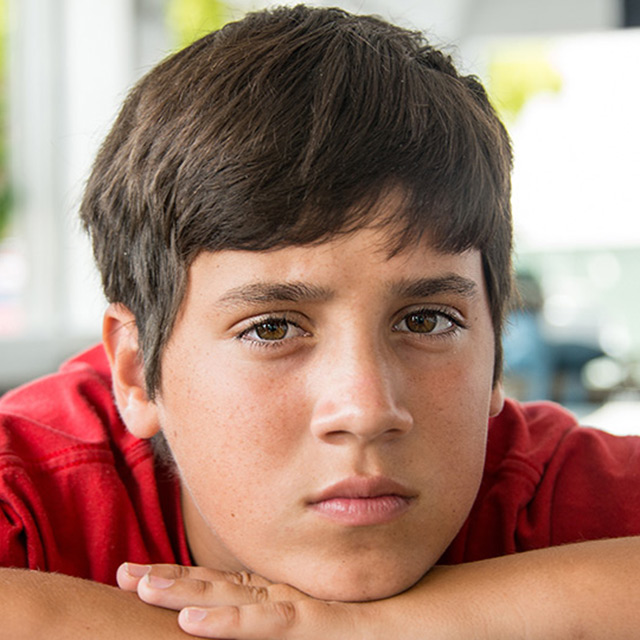Early identification of those at risk allows life-saving intervention.
Headlines and research studies have reported the rising rate of suicides among youth in the U.S. for many years.
They point to many likely reasons for this tragic trend. Regardless of the reasons behind our children’s increased risk of self-harm, it is important to recognize the signs that children and teenagers tend to give if they are thinking about suicide. Realizing a child is having these thoughts gives parents and health care providers a chance to provide support and/or medical treatment that could prevent a death.
Somber statistics
In 2023, the most recent year for which the state of Tennessee has statistics, the rate of deaths by suicide among children ages 10 to 17 went up by an alarming 47%. (The state tracks the rate by considering the number of suicides per 100,000 youth. In 2019, there were 4.5 youth who died by suicide out of 100,000 in the state; in 2023 there were 6.6 suicide deaths out of every 100,000 youth in this age range).
From 2019 through 2023, there was also a 14% increase in the number of youth in that age group who were hospitalized after non-fatal intentional injuries to themselves.
The state also reports that this age group had a large – 24% – increase in the frequency of suicidal ideation. The report defines that as “serious suicidal thoughts, plans or wishes that result in hospitalization or an emergency department visit” but without intentional self-injury. The rate of reported suicidal ideation in Tennessee went up from 936.2 children out of 100,000 in 2019 to 1,159 children out of 100,000 in 2023.
The trend goes back further than 2019, however. In 2015, a Vanderbilt-led study published in Pediatrics found that The number of school-age children and adolescents hospitalized for suicidal thoughts or attempts had more than doubled since 2008, according to a Vanderbilt-led study published in Pediatrics. The study, “Hospitalization for Suicide Ideation or Attempt,” looked at trends in emergency room and inpatient encounters for suicide ideation and attempts in children ages 5 to 17 years at U.S. children’s hospitals from 2008 to 2015.
Know the warning signs
These statistics and more underscore the need for early identification of children at risk of suicide, so they can get the life-saving help they need. Recognizing early warning signs can help.
“One important thing to highlight is the profound impact of social media and digital environments on adolescent and teen mental health,” said Dr. Althea Wroblewski, a pediatric psychiatrist at Monroe Carell Jr. Children’s Hospital at Vanderbilt. “I encourage parents to monitor their child’s social media accounts and to consider downloading parental monitoring apps that can alert them to red flags such as suicidal statements.”
Warning signs can include:
- Previous attempts, or experiencing the loss of a friend/family member by suicide increases risk;
- A teen talking about suicide, expressing thoughts about ending one’s life;
- Withdrawing from friends and family;
- Drastic changes in behavior at home or school, especially changes eating or sleeping habits;
- Loss of interest in personal appearance, activities, or schoolwork/grades;
- Feelings of hopelessness or worthlessness;
- Increase in risk-taking behaviors, including increased alcohol or drug use
What to do if your child is at risk for suicide
Suicidal ideation should never be ignored. If a teenager that you know has any of these warning signs, and especially if he or she has talked about suicide, take it seriously and reach out for help.
“Don’t be afraid to ask the tough questions. Asking about suicide does not lead to an increase of suicidal thoughts. If a child does indicate experiencing suicidal ideation there are resources that can help,” said Wroblewski.
If you are having suicidal thoughts, please reach out to 988 Suicide and Life Crisis. Its hotline number, which serves the U.S., is simply 988. This organization provides confidential support, free of charge.

Finding help
If your child is struggling, the next best step is to talk with your pediatrician, who can assess and make any needed referrals. Monroe Carell Jr. Children’s Hospital at Vanderbilt’s Pediatric Primary Care clinics ensure quality care for your child as close to home as possible, with 10 locations in Middle Tennessee.




